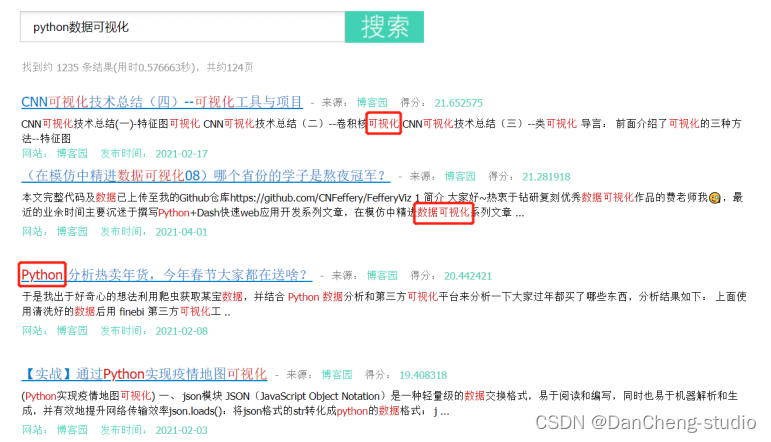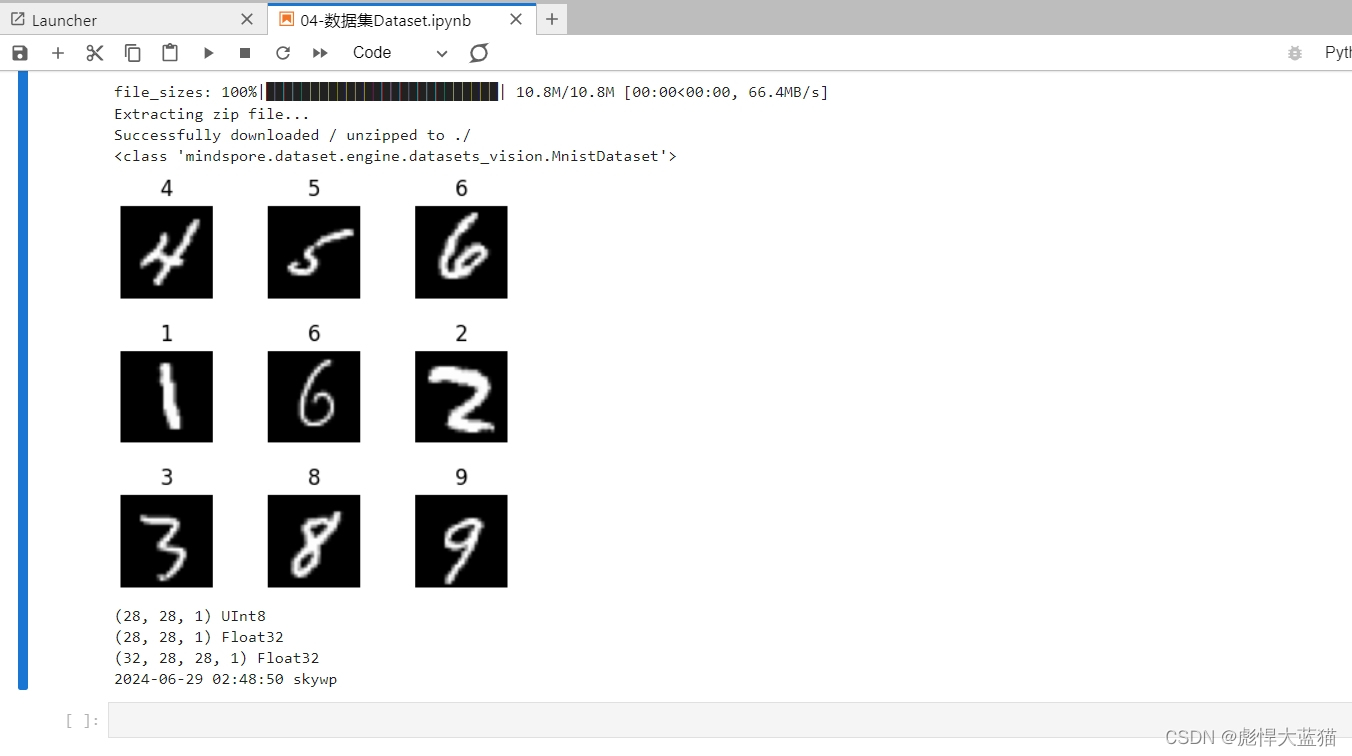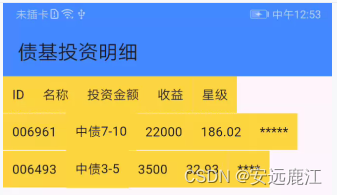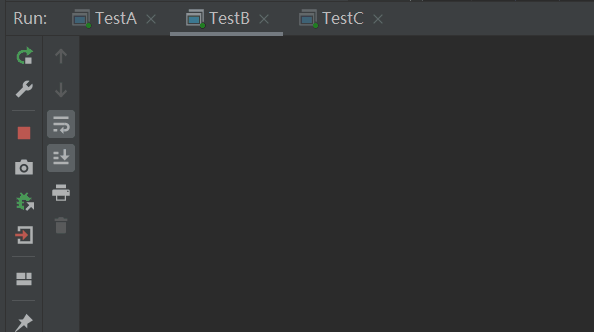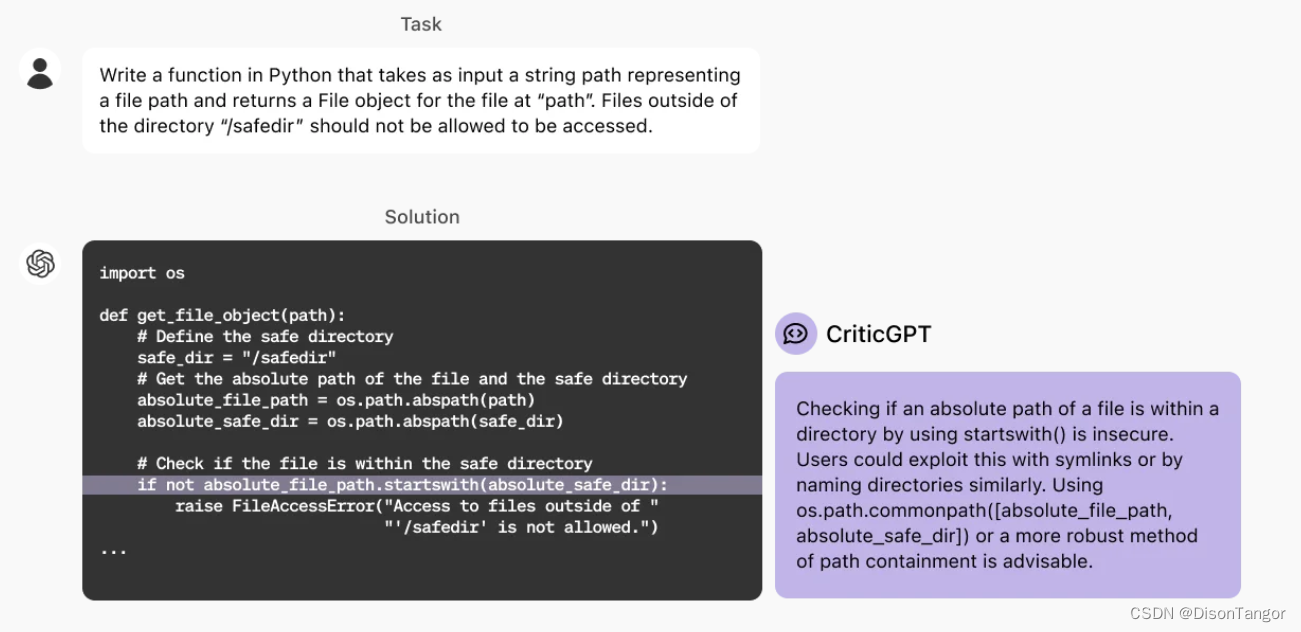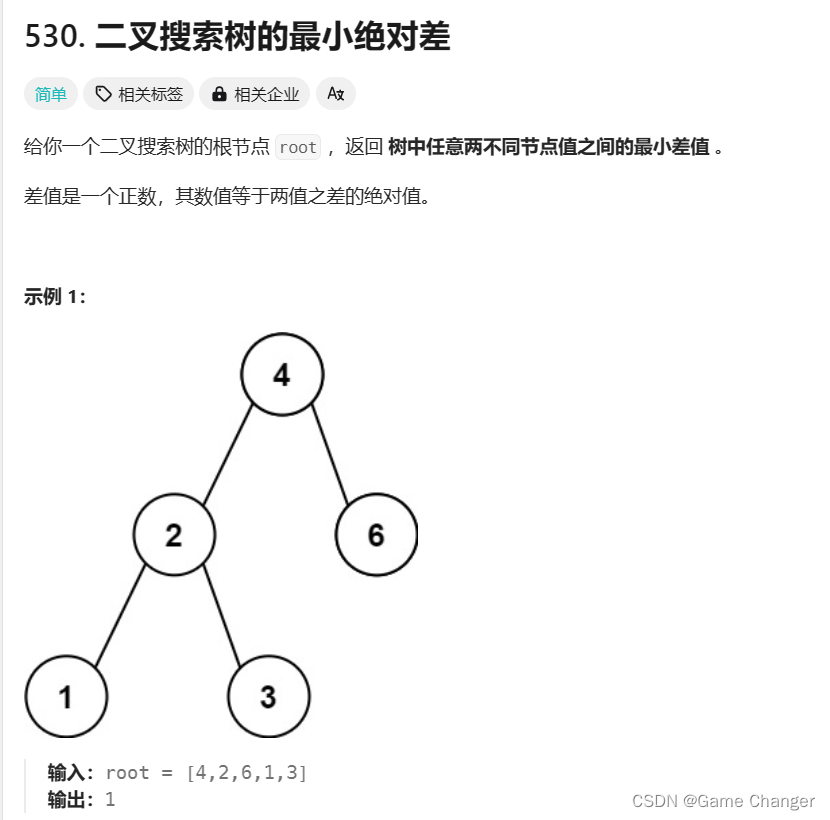文章目录
- index.ts
- Container
- header
- utils
- withInstall
- withNoopInstall
- hooks
- useNamespace
- 单元测试
看源码时候做的笔记。如有错误请指出!
关于路径的省略,详见button:【ElementPlus源码】Button按钮-CSDN博客
index.ts
导入一堆组件,导出ElContainer。
import Container from './src/container.vue'
import Aside from './src/aside.vue'
import Footer from './src/footer.vue'
import Header from './src/header.vue'
import Main from './src/main.vue'
export const ElContainer = withInstall(Container, {
Aside,
Footer,
Header,
Main,
})
... // 不全
Container
判断是否垂直,先判断props中的direction属性。

若没有props.direction,判断插槽中是否有header和footer,有则返回true,代表垂直。
const isVertical = computed(() => {
if (props.direction === 'vertical') {
return true
} else if (props.direction === 'horizontal') {
return false
}
// 是否有ElHeader或ElFooter组件,有就为true
if (slots && slots.default) {
const vNodes: VNode[] = slots.default()
return vNodes.some((vNode) => {
const tag = (vNode.type as Component).name
return tag === 'ElHeader' || tag === 'ElFooter'
})
} else {
return false
}
})
表示垂直的样式会绑定在style中:
<section :class="[ns.b(), ns.is('vertical', isVertical)]">
<slot />
</section>
useNamespace是一个hook,详情写在博客hooks/useNamespace下。它返回一个对象,可以生成规范的类名。
const ns = useNamespace('container')
ns.is('vertical', isVertical)生成的就是:isVertical

container只有direction属性。
header
header只有height属性,写在props中。style会计算height属性,最终将结果绑定到header上。
<template>
<header :class="ns.b()" :style="style">
<slot />
</header>
</template>
<script lang="ts" setup>
import { computed } from 'vue'
import { useNamespace } from '@element-plus/hooks'
import type { CSSProperties } from 'vue'
defineOptions({
name: 'ElHeader',
})
const props = defineProps({
/**
* @description height of the header
*/
height: {
type: String,
default: null,
},
})
const ns = useNamespace('header')
const style = computed(() => {
return props.height
? (ns.cssVarBlock({
height: props.height,
}) as CSSProperties)
: {}
})
</script>
aside、footer、main完全相似,不赘述。
utils
withInstall
传入一个main组件和extra,返回一个添加了install方法的main组件。
这个方法将main和extra中的所有属性注册到app中。
export const withInstall = <T, E extends Record<string, any>>(
main: T, // 主要的 Vue 组件
extra?: E // 可选的对象,其属性值是其他 Vue 组件
) => {
/* 给 `main` 组件添加一个 `install` 方法
这个方法接受一个 Vue 应用作为参数
并将 `main` 组件以及 `extra` 中的所有组件注册到这个应用中
*/
;(main as SFCWithInstall<T>).install = (app): void => {
for (const comp of [main, ...Object.values(extra ?? {})]) {
app.component(comp.name, comp)
}
}
// 将extra的属性添加到main上
if (extra) {
for (const [key, comp] of Object.entries(extra)) {
;(main as any)[key] = comp
}
}
// SFCWithInstall<T>表示带有 `install` 方法的 Vue 单文件组件
// `E` 是 `extra` 的类型。
return main as SFCWithInstall<T> & E
}
在container/index.ts中调用:
返回了一个对象ElContainer ,有一个install方法,若调用install方法,则将Container、Aside、Footer、Header、Main五个组件注册到app上,并可以通过ElContainer.Container的方法访问Container。
export const ElContainer = withInstall(Container, {
Aside,
Footer,
Header,
Main,
})
withNoopInstall
创建一个带有空操作 install 方法的 Vue 组件对象
export const withNoopInstall = <T>(component: T) => {
;(component as SFCWithInstall<T>).install = NOOP
return component as SFCWithInstall<T>
}
关于NOOP:
import { NOOP } from '@vue/shared'
NOOP 是一个常见的编程术语,代表 “No Operation”,即不执行任何操作。在许多编程语言和环境中,它通常被用作一个占位符函数,当你需要一个函数但又不希望它做任何事情时,可以使用NOOP。
调用withNoopInstall:
export const ElAside = withNoopInstall(Aside)
hooks
useNamespace
路径:hooks/use-namespace
用于生成 BEM(Block Element Modifier)命名规则的类名和 CSS 变量名.
BEM 是一种 CSS 命名方法,全称是 Block Element Modifier,即块(Block)、元素(Element)、修饰符(Modifier)。
下面代码接受两个参数:块名和可选的命名空间覆盖。
返回一个对象,包含属性如下:
namespace:命名空间。b、e、m、be、em、bm 和 bem:用于生成不同类型的 BEM 类名的函数。is:用于生成状态类名的函数。cssVar、cssVarName、cssVarBlock 和 cssVarBlockName:用于生成 CSS 变量名的函数。
const statePrefix = 'is-'
const _bem = (
namespace: string,
block: string,
blockSuffix: string,
element: string,
modifier: string
) => {
let cls = `${namespace}-${block}`
if (blockSuffix) {
cls += `-${blockSuffix}`
}
if (element) {
cls += `__${element}`
}
if (modifier) {
cls += `--${modifier}`
}
return cls
}
export const useNamespace = (
block: string,
namespaceOverrides?: Ref<string | undefined>
) => {
const namespace = useGetDerivedNamespace(namespaceOverrides)
const b = (blockSuffix = '') =>
_bem(namespace.value, block, blockSuffix, '', '')
const e = (element?: string) =>
element ? _bem(namespace.value, block, '', element, '') : ''
const m = (modifier?: string) =>
modifier ? _bem(namespace.value, block, '', '', modifier) : ''
const be = (blockSuffix?: string, element?: string) =>
blockSuffix && element
? _bem(namespace.value, block, blockSuffix, element, '')
: ''
const em = (element?: string, modifier?: string) =>
element && modifier
? _bem(namespace.value, block, '', element, modifier)
: ''
const bm = (blockSuffix?: string, modifier?: string) =>
blockSuffix && modifier
? _bem(namespace.value, block, blockSuffix, '', modifier)
: ''
const bem = (blockSuffix?: string, element?: string, modifier?: string) =>
blockSuffix && element && modifier
? _bem(namespace.value, block, blockSuffix, element, modifier)
: ''
const is: {
(name: string, state: boolean | undefined): string
(name: string): string
} = (name: string, ...args: [boolean | undefined] | []) => {
const state = args.length >= 1 ? args[0]! : true
return name && state ? `${statePrefix}${name}` : ''
}
// for css var
// --el-xxx: value;
const cssVar = (object: Record<string, string>) => {
const styles: Record<string, string> = {}
for (const key in object) {
if (object[key]) {
styles[`--${namespace.value}-${key}`] = object[key]
}
}
return styles
}
// with block
const cssVarBlock = (object: Record<string, string>) => {
const styles: Record<string, string> = {}
for (const key in object) {
if (object[key]) {
styles[`--${namespace.value}-${block}-${key}`] = object[key]
}
}
return styles
}
const cssVarName = (name: string) => `--${namespace.value}-${name}`
const cssVarBlockName = (name: string) =>
`--${namespace.value}-${block}-${name}`
return {
namespace,
b,
e,
m,
be,
em,
bm,
bem,
is,
// css
cssVar,
cssVarName,
cssVarBlock,
cssVarBlockName,
}
}
省流版:返回一个对象,可以生成规范的类名。
单元测试
单元测试写的很好啊,可以做学习单元测试的例子:
container.test.tsx:
const AXIOM = 'Rem is the best girl'
describe('Container.vue', () => {
test('container render test', async () => {
const wrapper = mount(() => <Container>{AXIOM}</Container>)
expect(wrapper.text()).toEqual(AXIOM)
})
test('vertical', () => {
const wrapper = mount(() => (
<Container>
<Header />
<Main />
</Container>
))
expect(wrapper.classes('is-vertical')).toBe(true)
})
test('direction', () => {
const wrapper = mount({
data: () => ({ direction: 'horizontal' }),
render() {
return (
<Container direction={this.direction}>
<Header />
<Main />
</Container>
)
},
})
expect(wrapper.vm.$el.classList.contains('is-vertical')).toBe(false)
wrapper.vm.direction = 'vertical'
wrapper.vm.$nextTick(() => {
expect(wrapper.vm.$el.classList.contains('is-vertical')).toBe(true)
})
})
})
describe('Header', () => {
test('create header', () => {
const wrapper = mount(() => <Header />)
expect(wrapper.classes()).toContain('el-header')
})
test('header height', () => {
const wrapper = mount(() => <Header height="100px" />)
const vm = wrapper.vm
expect(getCssVariable(vm.$el, '--el-header-height')).toEqual('100px')
})
})
describe('Aside', () => {
test('aside create', () => {
const wrapper = mount(() => <Aside />)
expect(wrapper.classes()).toContain('el-aside')
})
test('aside width', () => {
const wrapper = mount(() => <Aside width="200px" />)
const vm = wrapper.vm
expect(getCssVariable(vm.$el, '--el-aside-width')).toEqual('200px')
})
})
describe('Main', () => {
test('main create', () => {
const wrapper = mount(() => <Main />)
expect(wrapper.classes()).toContain('el-main')
})
})
describe('Footer', () => {
test('footer create', () => {
const wrapper = mount(() => <Footer />)
expect(wrapper.classes()).toContain('el-footer')
})
test('footer height', () => {
const wrapper = mount(() => <Footer height="100px" />)
const vm = wrapper.vm
expect(getCssVariable(vm.$el, '--el-footer-height')).toEqual('100px')
})
})



